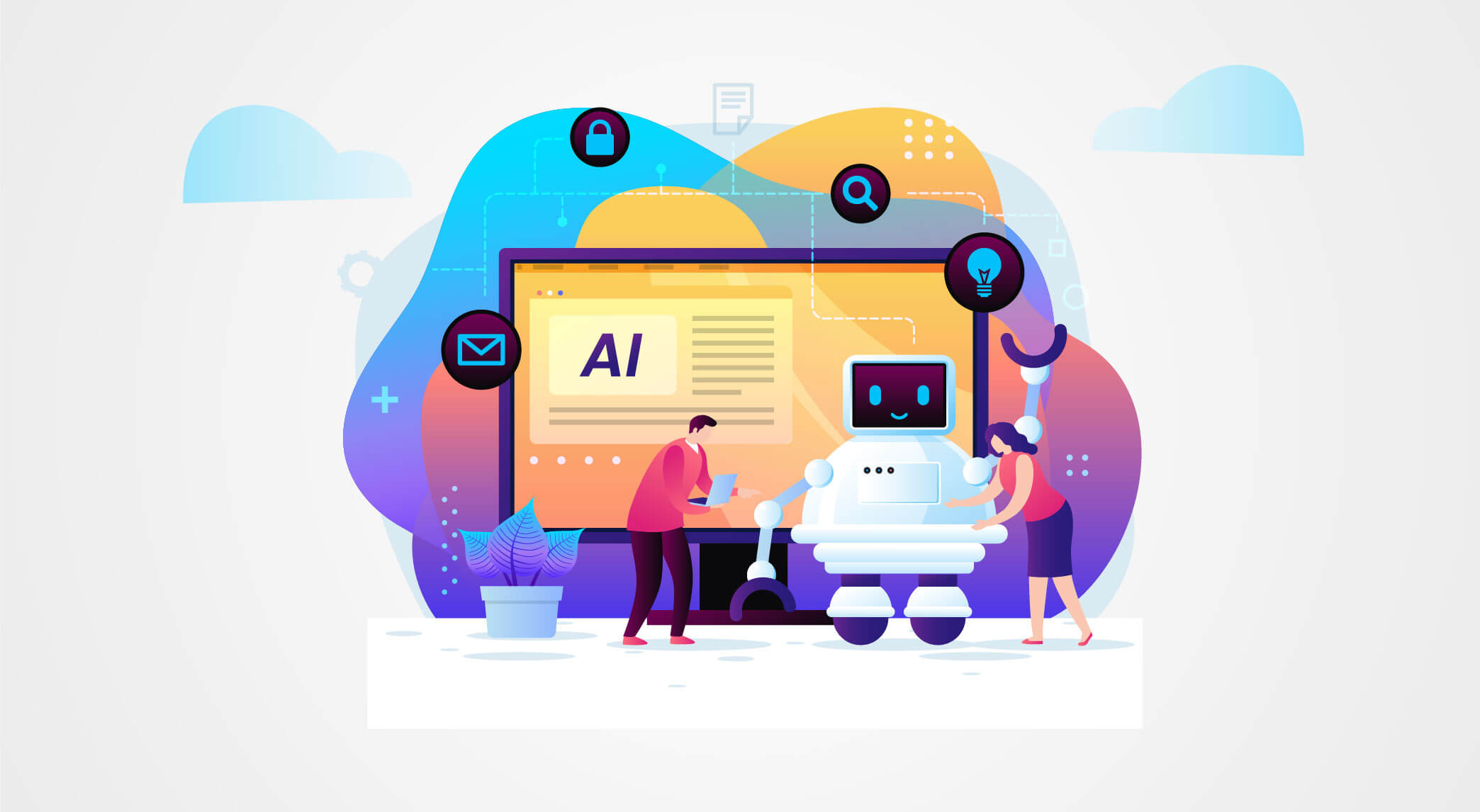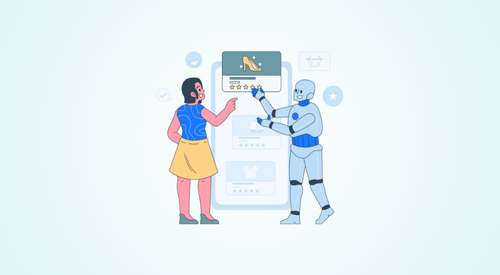

Bard, Google’s experimental, conversational, AI chat service, has been a point of focus within the massive tide in technological advancements that is Artificial Intelligence. The service is an AI-based language model, capable of generating poetry and prose in a range of styles and genres, bringing a new frontier to creative expression. Here we will look at Bard, its benefits and conundrums, as well as the place of ethics & security in an AI-enabled world.
Address AI security risks to use AI better with Niveus
Bard – Google’s AI Chatbot Or More Than Meets The Eye?
On February 6, 2023, Google and Alphabet CEO Sundar Pichai revealed Bard in a statement. Although it was a completely new concept at the time of its unveiling, the AI chat service is actually powered by Google’s Language Model for Dialogue Applications (LaMDA), which was introduced two years ago. It is worth noting that the use of LaMDA in Bard is a departure from the technology used in most other AI chatbots currently available, such as ChatGPT and Bing Chat, which utilize an LLM (Large Language Model) in the GPT (Generative Pretrained Transformer) series.
In addition to its poetry and prose capabilities, Google Bard also has the potential to be used as an AI chatbot for commercial and individual use. The model’s ability to generate human-like language makes it well-suited for conversational applications, such as chatbots and virtual assistants.
Addressing Potential AI Security Risks
Organizations must adopt a comprehensive approach to AI security that incorporates data protection, access control, ethical considerations in AI design, adversarial training and testing, along with human oversight and intervention. Here are some ways in which organizations can mitigate security risks associated with AI:
- Data protection and access control: To protect user data from unauthorized access, organizations should implement appropriate security measures such as encryption, two-factor authentication, and access control. Access to sensitive data should be restricted to only authorized personnel, and data should be stored in secure environments.
- Ethical considerations in AI design: AI services including chatbots can inadvertently perpetuate bias and discrimination by using language or responses that are insensitive or offensive to certain groups of people. It is essential to consider ethical implications in the design of AI systems. AI should be designed to be transparent, explainable, and fair. It should also be free from bias and discrimination. Ethical considerations should be incorporated into the design process to ensure that AI systems are aligned with ethical standards.
- Adversarial training and testing: Adversarial training and testing involve training AI systems to recognize and defend against malicious attacks. This involves testing the AI system with adversarial examples that are designed to trick the system into making incorrect decisions. Adversarial training and testing can help identify vulnerabilities in the AI system and improve its security.
- Human oversight and intervention: Despite advancements in AI, human oversight and intervention are still necessary for ensuring the security of AI systems. Humans can detect and correct errors or biases in the AI system that might go unnoticed otherwise. Additionally, humans can provide context and judgment that AI systems may lack.
By implementing these measures, organizations can minimize the security risks associated with AI and promote the responsible development and use of this technology. However, it is important to note that AI security is an ongoing process that requires continuous monitoring and improvement. As AI systems become more complex and sophisticated, organizations must remain vigilant and adapt their security measures accordingly.
At the same time, it is crucial for organizations to adopt ethical principles for AI development that prioritize transparency, accountability, fairness, and privacy. Bard’s approach to AI ethics provides a good example of how organizations can prioritize these principles in their AI development and use.
Ethics & Security In An AI-enabled World
As with any coin of two sides, with new technology comes new challenges. The use of AI chatbots raises important questions about privacy, bias, and responsibility.
AI/ML technology such as Bard, uses deep learning techniques to analyze large amounts of text data, and then generates new content based on that analysis. On the privacy side, there are concerns about the collection and use of personal data in any AI chatbot interactions. Users may not be aware of what data is being collected and how it is being used, which could lead to privacy violations. Additionally, the use of AI chatbots raises concerns about bias, as the model may be trained on biased or unrepresentative data, leading to the perpetuation of harmful stereotypes and discrimination.
Furthermore, there is a responsibility on the part of tech companies like Google to ensure that their AI chatbots are developed and deployed in an ethical and responsible manner. This includes addressing issues related to transparency, accountability, and user consent. It is also important to ensure that AI chatbots are not used for malicious purposes, such as spreading disinformation or manipulating user behavior.
Overall, while Google Bard and other AI-enabled language models have the potential to be powerful tools for creativity and innovation, it is important to carefully consider the ethical and security implications of their use in an AI-enabled world. This requires collaboration between industry, government, and academia to ensure that AI technology is developed and deployed in a responsible and ethical manner, and that appropriate measures are in place to address potential security risks.
Bard And AI Ethics
Google’s approach to AI ethics is grounded in a set of core ethical principles, which include transparency, accountability, fairness, and privacy. These principles guide the company’s AI development and use, ensuring that its products and services align with ethical standards and values. Bard advocates for the adoption of key ethical principles for AI development. These principles cover a range of guidelines including:
- Human-centric approach: AI development should prioritize human values, including privacy, fairness, and transparency
- Explainability and transparency: AI systems should be designed to be explainable and transparent, enabling users to understand how decisions are made
- Privacy and data protection: AI systems should be designed to protect user privacy and secure user data
- Non-discrimination and ensuring fairness: AI systems should be free from bias and discrimination, ensuring that decisions are made fairly and impartially
To incorporate ethical considerations into its AI security practices, Bard has also established a comprehensive set of guidelines and policies. These guidelines and policies are designed to ensure that Bard’s AI systems are transparent, explainable, and fair, and that they protect user privacy and security. These include –
- Being socially beneficial
- Avoiding creating or reinforcing unfair bias
- Being built and tested for safety
- Being accountable to people
- Incorporating privacy design principles
- Upholding high standards of scientific excellence
- Being made available for uses that accord with these principles
By incorporating these ethical principles into its AI development and security practices, Bard aims to promote the responsible and ethical use of AI. The company recognizes that AI security is not only about protecting against cyber threats but also about ensuring that AI systems are aligned with ethical standards and values.
In conclusion, by adopting ethical principles and best practices, organizations can ensure that their AI systems align with their values and contribute to a safer, more secure, and more equitable society.











